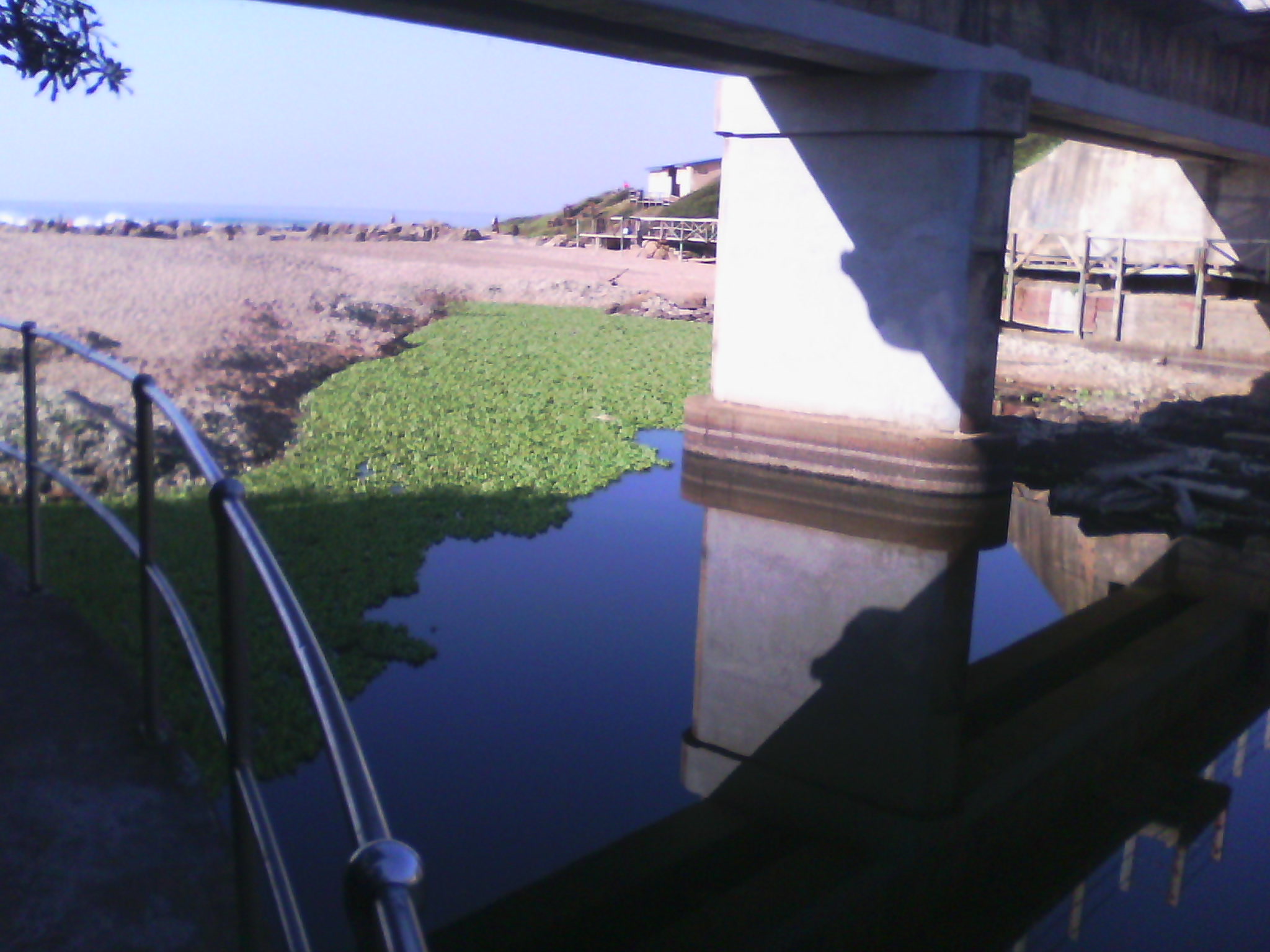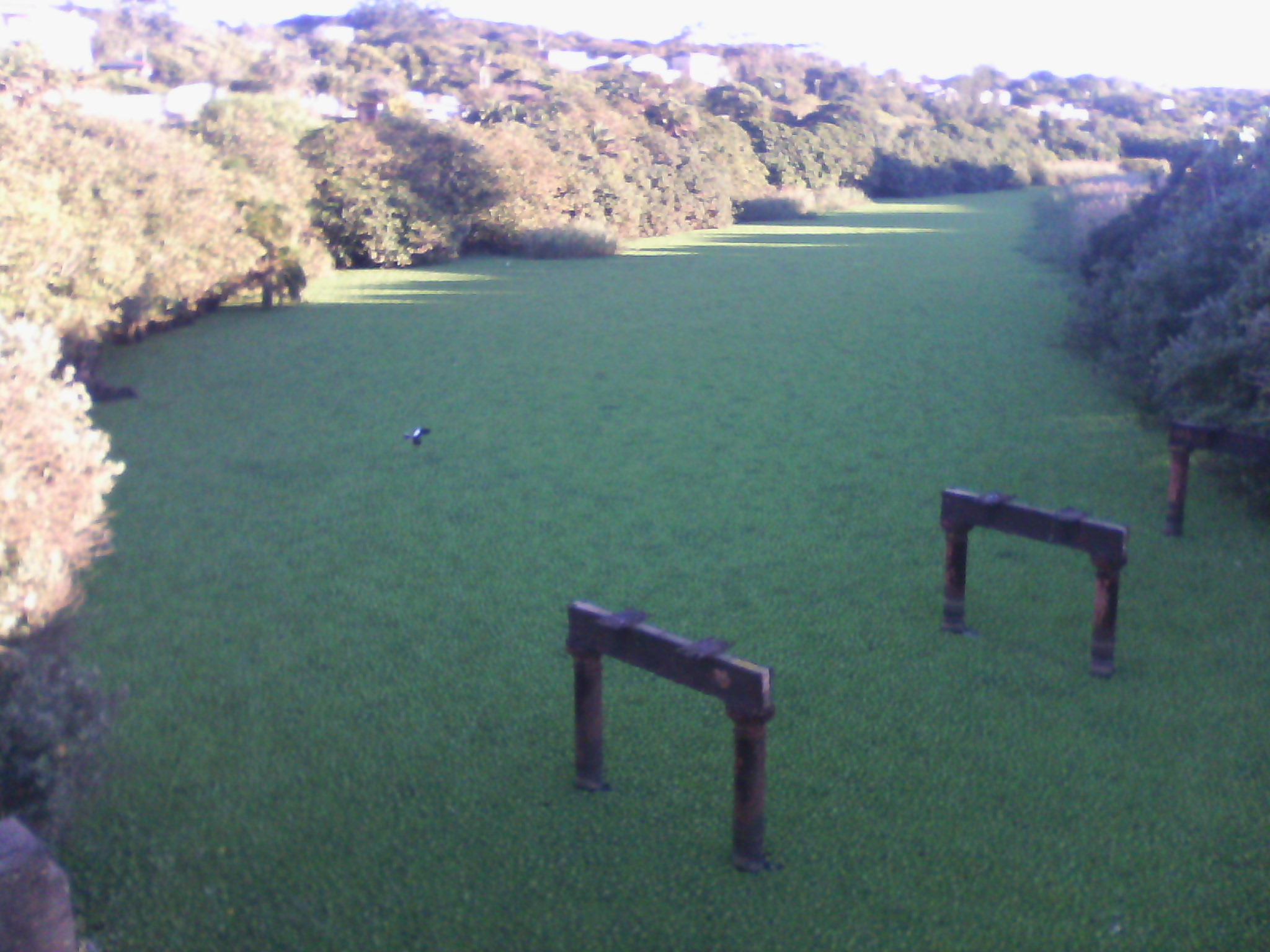Canada says NO to Monsanto!
Canada says NO to Monsanto: http://www.realfarmacy.com/ Canada has made the world proud by saying NO to Monsanto’s grip on seed distribution… “Grassroots activism against transgenic encroachment has paid off in Canada, where licenses for genetically modified (GM) alfalfa have been put on hold, according to new reports. Massive protests in Montreal, Levis, Quebec City, Toronto and … Read more


